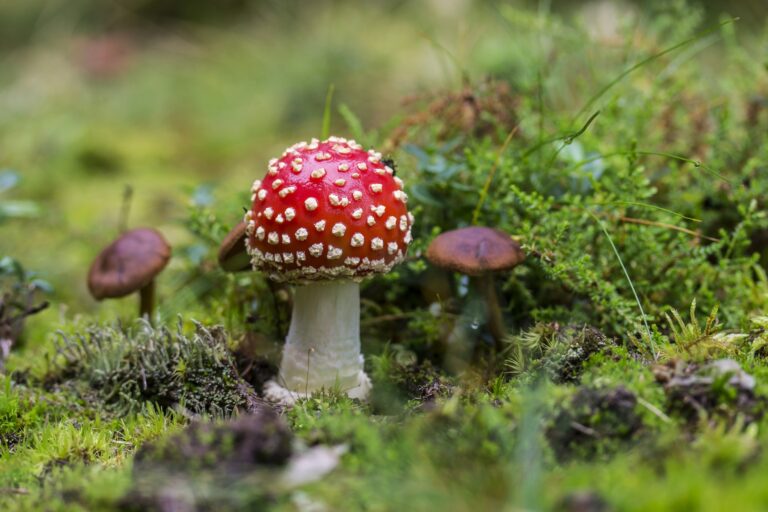Is Psilocybin Legal in Kuwait?
In Kuwait, psilocybin, a naturally occurring compound found in certain species of mushrooms, is considered an illegal substance. The use, possession, sale, and distribution of psilocybin mushrooms are all prohibited under Kuwaiti law. The country has strict drug policies, and individuals found to be involved with psilocybin or other illegal substances can face severe penalties.
What Are the Local Names for Psilocybin Mushrooms in Kuwait?
Psilocybin mushrooms are not widely known or commonly used in Kuwait, and as a result, there may not be specific local names for these substances. However, they may sometimes be referred to as magic mushrooms or hallucinogenic mushrooms, similar to their names in other parts of the world. It is important to note that psilocybin mushrooms are not native to Kuwait and would likely be imported from other regions if they were to be found in the country.
Is it Legal to Grow Psilocybin Mushrooms in Kuwait?
As psilocybin is considered an illegal substance in Kuwait, it is also illegal to grow psilocybin mushrooms in the country. Cultivating, producing, or distributing psilocybin mushrooms can result in criminal charges and severe penalties, including imprisonment and fines. The Kuwaiti government takes a strong stance against drug production and distribution, and those found to be involved in such activities can expect to face serious consequences.
What are the Laws, Penalties, and Law Enforcement Practices in Kuwait?
Kuwait has strict drug laws in place to combat the use, possession, sale, and distribution of illegal substances, including psilocybin. The penalties for drug-related offenses can be severe, including:
- Imprisonment
- Heavy fines
- Deportation for non-citizens
Law enforcement agencies in Kuwait actively work to enforce drug laws and combat drug trafficking and use. This includes the use of random drug testing, raids, and surveillance of suspected drug traffickers. Additionally, the Kuwaiti government cooperates with international law enforcement agencies to combat drug trafficking and related crimes.
The Kuwaiti government addresses psilocybin-related issues primarily through its strict drug laws and enforcement practices. As psilocybin is considered an illegal substance, individuals found to be using, possessing, or distributing psilocybin mushrooms can face severe penalties. The government also works to educate the public about the dangers of drug use and promotes drug prevention and rehabilitation programs.
Furthermore, Kuwait is a party to several international drug control treaties, including the 1961 Single Convention on Narcotic Drugs, the 1971 Convention on Psychotropic Substances, and the 1988 United Nations Convention against Illicit Traffic in Narcotic Drugs and Psychotropic Substances. These treaties aim to control and regulate the production, trade, and use of drugs, including psilocybin, and require participating countries to adopt and enforce strict drug laws and policies.
